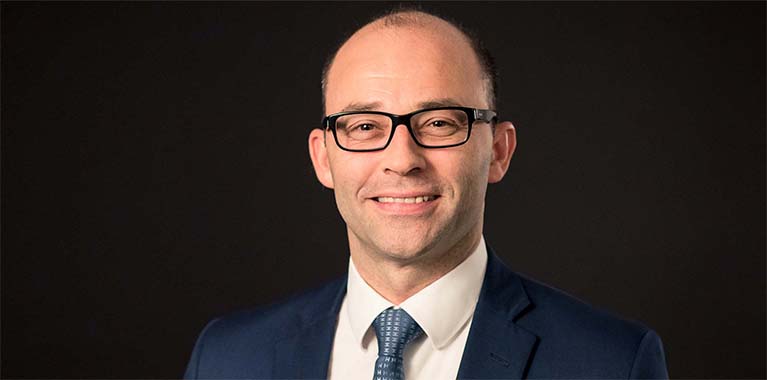Temporary changes to 'fit note' requirement for Statutory Sick Pay

In response to the ongoing COVID-19 pandemic and the sharp rise of the Omicron variant, the Government announced, on 17 December 2021, a temporary change to the Statutory Sick Pay (Medical Evidence) Regulations 1985.
What do the changes mean?
The Government has introduced a brief extension to the length of time that employees can self-certify for without providing medical evidence (i.e. a fit note from a GP) from 7 days to 28 days. The move is in direct response to the COVID-19 booster rollout which relies on GPs being available to support this.
For any sickness absences which began on or after 10 December 2021, up to and including 26 January 2022, GPs will not need to provide employees with medical evidence of sickness, such as a fit note, for the first 28 days of absence.
Any period of sickness absence beyond 28 days (including non-working days) will require a fit note.
What impact does this have on employers?
Employers may want to remind employees of the need to continue to comply with any absence reporting requirements in place at their workplace/in their contracts in light of this change.
Eligible employees are entitled to Statutory Sick Pay ("SSP") where they are too sick to work. The cost of this is currently £96.35 per week for up to 28 weeks (SSP is reviewed each April). To be eligible, the individual must:
- be classed as an employee and have completed some work for the employer;
- earn an average of at least £120 per week; and
- have been ill or self-isolating for at least 4 days in a row (including non-working days).
Employees who are unable to attend work as they are self-isolating because of COVID-19 should obtain an 'isolation note' from NHS 111 to ease the pressure on GPs.
For employers that provide enhanced sick pay, often referred to as Company Sick Pay ("CSP"), a fit note will often be required after a set number of days. Employers will need to consider whether their CSP policy allows them to accept other evidence or what evidence it will require in the alternative during this period and take care to ensure that any approach is applied in a non-discriminatory way.
Could this be extended as a permanent amendment to the Regulations?
As stated, this amendment will only last until 26 January 2022. With the announcement on 21 December 2021 that individuals who are vaccinated will now only be required to self-isolate for 7 days provided their lateral flow test is negative, it seems unlikely the government will seek to make this a permanent change, especially now that SSP is funded by the employer, but we will update you further if this changes.
We have a dedicated Covid-19 team of employment lawyers keeping up to date on the latest developments and who are available to answer any questions you may have. You can find more information here.


